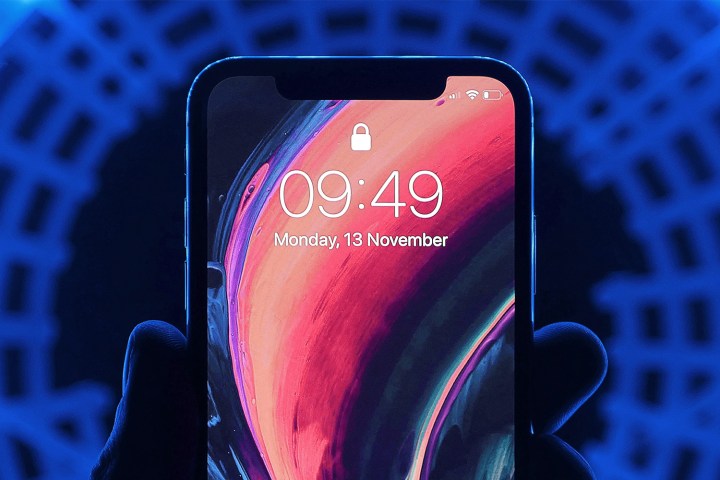
Apple might be the wealthiest company in the world, but it was out nearly $1 million after two engineering students in Oregon managed to scam the company, according to The Oregonian. The students, who are now facing criminal charges in U.S. federal court over the scheme, allegedly used counterfeit iPhones to abuse Apple’s return policy and score a considerable amount of cash for themselves — until they got caught.
The scheme started in 2017 when, according to prosecutors, the two men smuggled thousands of counterfeit iPhones into the United States from China. Those devices were then sent in or brought to Apple under the guise that they needed to be repaired. Many of the phones wouldn’t turn on, and Apple’s rather generous return policy offered full replacements of those busted devices.
Once the students had the functioning, authentic iPhones, they were shipped back to China where they were sold for a profit. The money generated by those sales was wired to the mother of one of the students, who then deposited the cash into a bank account belonging to the scammer. In its complaint against the two scammers, prosecutors claim they cost Apple an estimated $895,800 with the scheme.
According to a Homeland Security agent cited in the case, Apple Store workers were unable to verify the authenticity of the devices because they would not power on. The company didn’t check for proof of purchase of the devices and treated them as though they were covered under product warranty, opting to replace them with new devices rather than try to service the broken phones. In total, the students submitted 3,069 warranty claims and received 1,493 replacement iPhones, each valued at about $600.
The scheme came to an end in July 2017, when Apple issued a cease and desist warning to the scammers after determining the devices being sent to the company were counterfeits. The students didn’t respond to the notice. Federal agents searched the students’ residence last year and found 300 counterfeit iPhones and intercepted a shipment of nearly 100 more. The students told federal prosecutors that they were unaware the phones they were sending to the company were fake.


